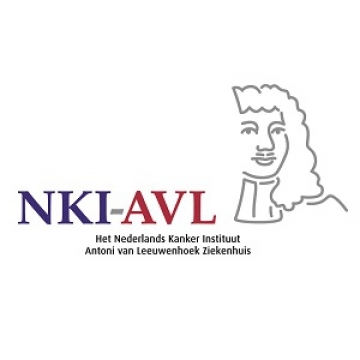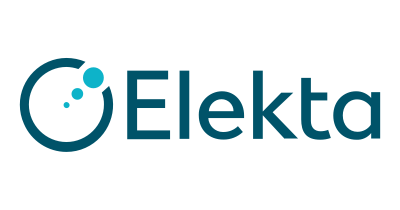MAGNETIC - Implementing a clinical research environment for MRI-guided Radiotherapy of rectal cancer
To customize a research infrastructure to support the development of MRGRT for rectal cancer To postulate and implement methods for treating rectal cancer patients using MRGRT and to disseminate this information to other institutions hoping to treat this type of cancer with this device. Radiation is part of the standard treatment for rectal cancer but doctors are limited in how they can use radiation because rectal tumors change shape and position during therapy, both while a radiation beam is on and between treatments. In addition, doctors know that some rectal tumors are very sensitive to radiation and are probably too aggressively treated while others are relatively insensitive and probably should be more aggressively treated. Unfortunately, doctors do not know in advance which tumors are sensitive and which are insensitive. Using a new radiation treatment approach, called MR-guided radiation therapy, the Netherlands Cancer Institute (NKI-AVL) and Elekta hope to develop methods to adapt radiation treatments to address the movement of tumors and personalize therapy according to tumor’s radiation sensitivity. The Netherlands Cancer Institute (NKI-AVL) is expected to begin imaging and treating patients with MRGRT this approach in 2018 using a new device commercialized by Elekta. In this application, the NKI-AVL and Elekta propose to work together to implement a research infrastructure that allows the NKI-AVL to develop MRGRT treatment methods for rectal cancer and assess the initial side effects and cure rates associated with these treatments. The ultimate goal is to improve therapeutic outcome and even more important to lower the side effects of rectal cancer irradiation and diminish long-term side effects.
As partner to this project, The NKI-AvL is the only comprehensive cancer centre in the Netherlands and is combined with a larger research institute focussing on oncology. The department of radiation oncology of NKI-AvL has a long track record in the development, characterization and clinical implementation of novel image guided and adaptive strategies. It has extensive experience in running single and multi-institutional clinical trials. It has installed a pre- clinical version and upgraded to versions for clinical use, of the MR-Linac and a large and growing multi-disciplinary group of developing MR guided and adaptive radiotherapy. This project allows the NKI-AvL to perform the prospective cohort study on rectal cancer and gain clinical experience and insight in the benefit of the MR-Linac for rectal cancer patients.
The project has resulted in wide-spread dissemination of this important information to other MRLinac users for the treatment of rectal cancer cases worldwide via publications, presentations, and Clinical Technical Profiles (CTP). The built infrastructure and tools will continue to be deployed and used to further research on rectal and other cancers. The NKI will continue to gain and share valuable clinical insights and study results gained as part of their participation in this project.


